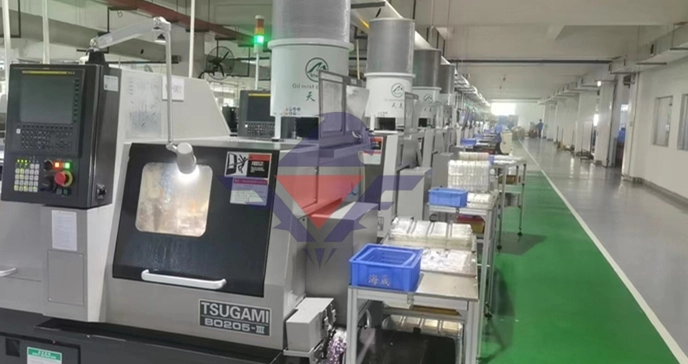
# Endotoxin Detection Kits for Accurate Bacterial Toxin Measurement
## Understanding Endotoxins and Their Impact
Keyword: Endotoxin Assay Kits
Endotoxins are lipopolysaccharides (LPS) found in the outer membrane of Gram-negative bacteria. These toxic substances can cause severe immune responses in humans and animals, making their detection crucial in pharmaceutical, medical device, and biotechnology industries.
## The Importance of Endotoxin Testing
Regular endotoxin testing is essential for:
– Ensuring product safety in pharmaceuticals
– Maintaining quality control in medical devices
– Monitoring water purity in healthcare facilities
– Validating sterilization processes
## How Endotoxin Assay Kits Work
Modern endotoxin detection kits utilize the Limulus Amebocyte Lysate (LAL) test, which is derived from horseshoe crab blood. This highly sensitive method can detect endotoxin levels as low as 0.001 EU/mL.
### Types of Endotoxin Assay Kits
1. Gel-clot kits: Simple qualitative tests
2. Chromogenic kits: Quantitative colorimetric analysis
3. Turbidimetric kits: Measure turbidity changes
4. Recombinant Factor C kits: Animal-free alternatives
## Choosing the Right Endotoxin Detection Kit
When selecting an endotoxin assay kit, consider:
– Sensitivity requirements
– Sample matrix compatibility
– Regulatory compliance (USP, EP, JP)
– Throughput needs
– Budget constraints
## Best Practices for Accurate Results
To ensure reliable endotoxin measurements:
– Maintain proper sample handling procedures
– Control environmental contamination
– Validate all equipment and reagents
– Follow manufacturer instructions precisely
– Implement proper quality control measures
## Applications Across Industries
Endotoxin detection kits serve critical roles in:
– Pharmaceutical manufacturing
– Medical device production
– Biotechnology research
– Hospital infection control
– Food and beverage safety
## Future Trends in Endotoxin Testing
The field continues to evolve with:
– Development of recombinant testing methods
– Automation of testing processes
– Improved sensitivity and specificity
– Reduced testing times
– More environmentally friendly alternatives
By implementing proper endotoxin detection protocols with high-quality assay kits, organizations can ensure product safety and regulatory compliance while protecting patient health.